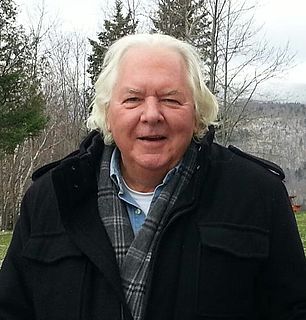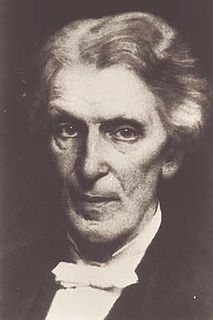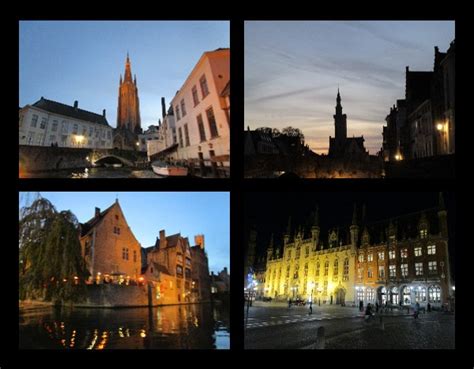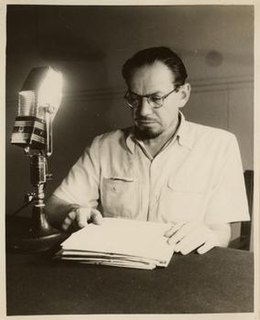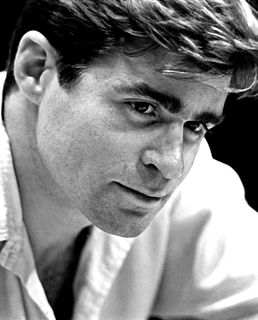A Quote by Robert Moss
The important things usually prove to be very simple. They are also open secrets in the sense that no one is hiding the knowledge from us except ourselves.
Related Quotes
All spiritual strength for ourselves, all noble ties to one another, have their real source in that inner sanctuary where God denies His lonely audience to none. Its secrets are holy; its asylum, inviolate; its consolations, sure; and all are open to the simple heart-word, "Thou art my hiding-place.
I love secrets. Here's a bunch of people who think they know each other over a long period of time. And they do. And they don't. Secrets aren't the same thing as shame, but they can fall in that category. I'm very interested in the ways that people are open and honest with one another and simultaneously in hiding. What we know about those we love is only part of the story. Who do we protect with our secrets? Others? Ourselves? These are questions that interest me in fiction. The public and the private self.
I think that's true of real life - we don't ever know anyone completely. Secrets are very important to creating a narrative work that's believable. The characters come into that world with secrets, as happens to all of us. As honest as we try to be in our relationships, we can never completely know someone. From a narrative perspective it's very important and pleasing - you want to have those secrets there. The secret is an essential part of the creation of the novel.
Most of us are flawed, complicated people, and we're all trying very hard to disguise that or hide it from the public. Ultimately, we respond to someone who's capable of doing heroic things but has issues or problems in their life that they can't seem to resolve. I believe audiences identify with that. All of us have those secrets and those things that we wish we could improve about ourselves. And when you have someone who's heroic and flawed, I think it makes us feel better about ourselves.
The principle of science, the definition, almost, is the following: The test of all knowledge is experiment. Experiment is the sole judge of scientific "truth." But what is the source of knowledge? Where do the laws that are to be tested come from? Experiment, itself, helps to produce these laws, in the sense that it gives us hints. But also needed is imagination to create from these hints the great generalizations--to guess at the wonderful, simple, but very strange patterns beneath them all, and then to experiment to check again whether we have made the right guess.
It's really good to talk about it [ hydraulic penises and prosthetic butts], and it's very gratifying when people ask us about the other aspects of the film [Swiss Army Man], but [those things] are part of the movie and they're important and hilarious, a very fun part of the movie, so there's no sense from us of not wanting to talk about that. I think it's exciting that those things exist in a film that is also very heartfelt and emotional and profound.
Awe is an intuition for the dignity of all things, a realization that things not only are what they are but also stand, however remotely, for something supreme. Awe is a sense for transcendence, for the reference everywhere to mystery beyond all things. It enables us to perceive in the world intimations of the divine. ... to sense the ultimate in the common and the simple: to feel in the rush of the passing the stillness of the eternal. What we cannot comprehend by analysis, we become aware of in awe.
Many of us will be obsessed with one or another kind of secret or revelation, be it gossip about friends or ourselves, a fantasy about spies, or a worry about the most personal information now stored in data banks. But few of us think about secrets in general, or about the moral rights and wrongs of hiding or exposing them.
I'm a very sensitive person at times. Not just to words that anybody says, but in relationships for example, the people that you open up to, you listen to, you hear - you know? So a lot of times, the key to some of my vulnerability is just through things, simple things - or critiques or whatever - or could be very simple things that are said.
